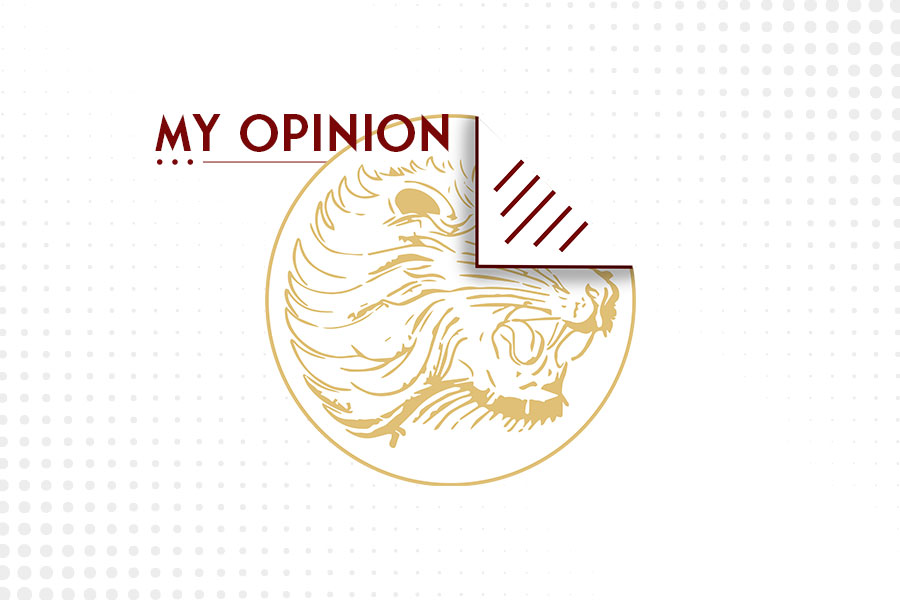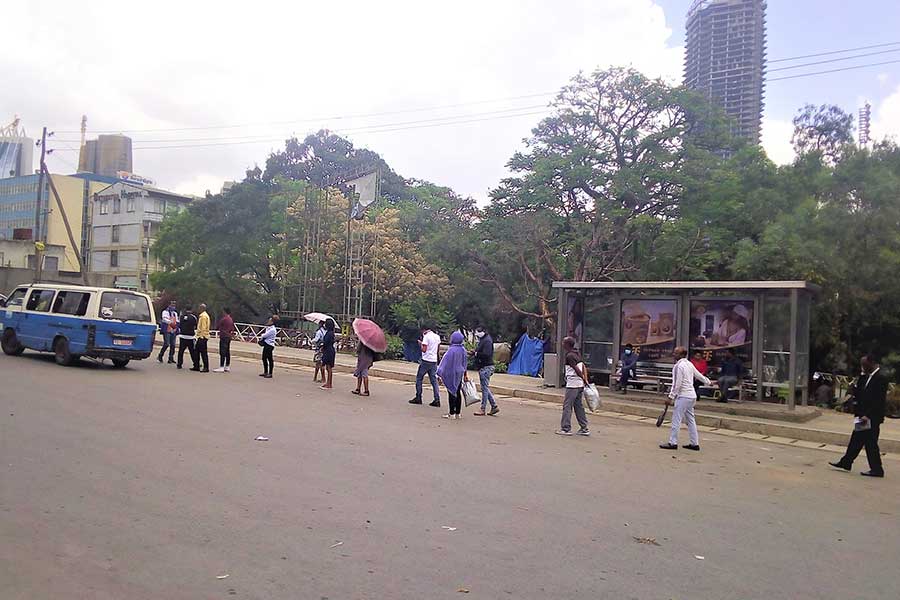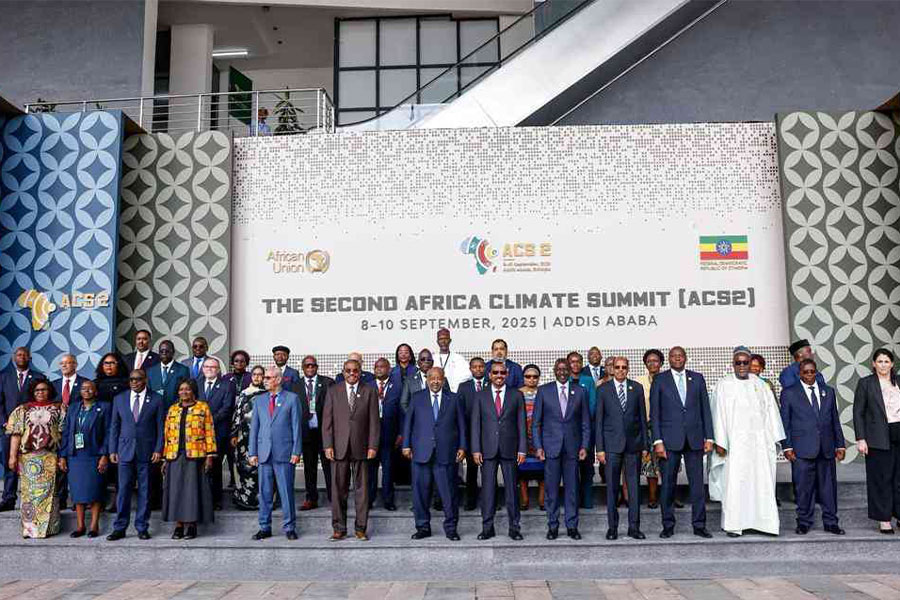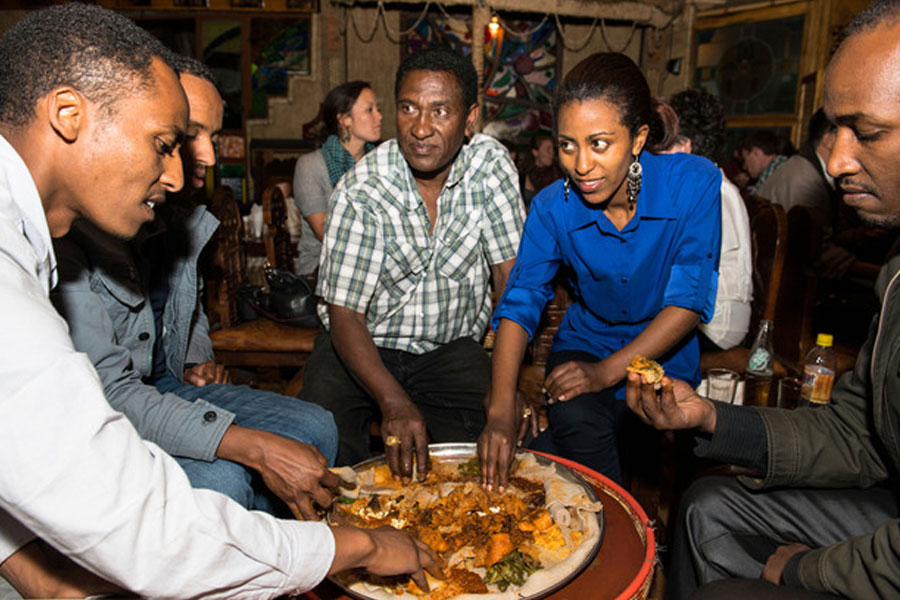
Radar | Mar 06,2021
Apr 11 , 2020
By Eden Sahle
We may be living in uncertain times, but since our culture is deeply conservative there is barely any meaningful adaptation.
Ever since Ethiopia announced its first case of the Novel Coronavirus (COVID-19), our social lives have received a profound restructuring. In keeping with the social distancing guidance by health professionals, many have been staying home and reducing physical contact to the absolute minimum. It is not merely an effort to protect oneself but to contribute to the fight against the pandemic.
Unfortunately, others are not playing by the new set of temporary rules that have been designated. People who have been given leave by their employers are using the opportunity to meet and socialise more.
This also applies to the civil servants who were excused from their work areas with the justification that they can work from home. It is obvious that in a country where neither the experience or infrastructure to telecommute exists, these civil servants are actually receiving paid leave. But even then, the least they could have done is adhere to the guidelines we are all being asked to follow.
At home, we have been receiving invitations from friends and relatives for get-togethers. Most of the people who are asking us to join them in their small parties are employees that have been directed to work from home.
Somehow, these temporary measures being asked of us have come to be interpreted by some people as an appeal that only applies to others. People are not taking measures nearly as seriously as they should be.
This will backfire on everyone. People need to be reminded that avoiding their responsibility is unethical and can cost them what is precious to them. The pandemic is not a crisis that can be taken trivially. It is costing lives across the world as well as in Ethiopia and will have dire consequences to our economy.
If tens of thousands are dying in countries with far more advanced health systems than we have, then the only possible course of action we can take is precautionary measures. It is unfortunate that these measures are being ignored even while there is an awareness creation campaign across the country.
In the time of COVID-19, ignorance breeds fatalities. The crisis is no longer a threat that is far away but a danger that is very close. The public must be informed of realities clearly so that the implications of action versus inaction are clearly understood.
Cognizant of our large population, the millions living under the poverty line and our poor health systems, we should not lack the patience to stay put just for a couple of months.
Indeed, it is annoying to be deprived of the routines that we are used to but the consequences if we do not change our ways are too high to consider. There is a great need to understand this and propagate the importance of social distancing as much as possible.
The state should come up with a more robust and persistent campaign not only through the media but community participation as well. An initiative similar to the system of health extension workers in rural areas, where awareness is brought directly to people's homes, is critical. Awareness is more effective than the response our health system can muster, and it needs to be created in order to help people understand how fatal and serious this pandemic is.
The massive outbreak and fatalities grieving the world should alarm the Ethiopian public enough to take matters seriously while communicating sensibly. We all have the responsibility to adjust to this new way of life.
As the Coronavirus pandemic continues to spread, people need to be urged to act responsibly, limiting their physical contact with others. Caution must be strictly practiced. In cases where people are breaking laws, they should be penalised after a clear set of rules are introduced.
Given that this global crisis will continue for a long time, it is vital to expect the public to demonstrate high standards of care and responsibility. We need to instill in ourselves a profound sense of responsibility that we can proudly tell the next generation about.
PUBLISHED ON
Apr 11,2020 [ VOL
21 , NO
1041]

Radar | Mar 06,2021

My Opinion | Apr 29,2023

Sunday with Eden | Jul 08,2023

Radar | Apr 04,2020

Agenda | Dec 26,2020

Fortune News | Sep 21,2025

View From Arada | Feb 10,2024

Sunday with Eden | Feb 12,2022

My Opinion | Jul 29,2023

Sunday with Eden | Jul 01,2023

Photo Gallery | 178138 Views | May 06,2019

Photo Gallery | 168348 Views | Apr 26,2019

Photo Gallery | 159115 Views | Oct 06,2021

My Opinion | 137050 Views | Aug 14,2021
Commentaries | Oct 25,2025

Dec 22 , 2024 . By TIZITA SHEWAFERAW
Charged with transforming colossal state-owned enterprises into modern and competitiv...

Aug 18 , 2024 . By AKSAH ITALO
Although predictable Yonas Zerihun's job in the ride-hailing service is not immune to...

Jul 28 , 2024 . By TIZITA SHEWAFERAW
Unhabitual, perhaps too many, Samuel Gebreyohannes, 38, used to occasionally enjoy a couple of beers at breakfast. However, he recently swit...

Jul 13 , 2024 . By AKSAH ITALO
Investors who rely on tractors, trucks, and field vehicles for commuting, transporting commodities, and f...

Oct 25 , 2025
The regulatory machinery is on overdrive. In only two years, no fewer than 35 new pro...

Oct 18 , 2025
The political establishment, notably the ruling party and its top brass, has become p...

Oct 11 , 2025
Ladislas Farago, a roving Associated Press (AP) correspondent, arrived in Ethiopia in...

Oct 4 , 2025
Eyob Tekalegn (PhD) had been in the Governor's chair for only weeks when, on Septembe...

Oct 25 , 2025 . By YITBAREK GETACHEW
Officials of the Addis Abeba's Education Bureau have embarked on an ambitious experim...

Oct 26 , 2025 . By YITBAREK GETACHEW
The federal government is making a landmark shift in its investment incentive regime...

Oct 27 , 2025
The National Bank of Ethiopia (NBE) is preparing to issue a directive that will funda...

Oct 26 , 2025 . By SURAFEL MULUGETA
A community of booksellers shadowing the Ethiopian National Theatre has been jolted b...